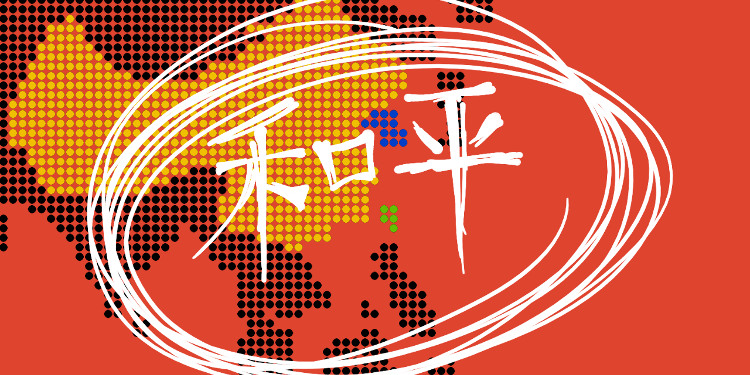It was a week of protests in both Hong Kong and South Korea. Neither side of any controversy rose above the fray. For the powers that be, it was PR gone bad. For the masses, it was spitting in the wind. When the governed don’t want the ambitions of the controlling few, the solution is not Delphi method, but re-evaluation at the fundamental level. When the disgruntled masses reject the powers that be, peaceful boycott can make more lasting changes than any message sent by heated protest.
No one forced students to attend Baptist University in Hong Kong. If 90% of the student body objects to the mandatory Mandarin classes then 90% of the student body would do better to simply find another school. If the leadership at the university believes Mandarin classes can help students, then one would think the students would volunteer for them. A better way would be to make the classes both optional and tuition free for students and alumni of up to four years. If leadership is correct that the most widely-spoken language in the world, right in Hong Kong’s back yard, would be useful for Hong Kongers—and classes with university credit were free for students and alumni—the university would see an influx of enrollment.
No one is forcing South Koreans to attend the Olympic Games. If South Koreans don’t want the Kim Dynasty to participate in the games, they can save themselves the expense and either save the time of going or replace that time with a public stand-in, carrying educational signs during the Olympics, whether on-sight or off. If the democratic South Korean government wants to promote a unified stance with North Korean athletes, they can use the abundance of Internet technology to poll the public on what would make the people happy to that end. Since South Korea’s new president is so popular, he should not have lacked feedback when asking his many supporters what they want to do.
Taiwan made it’s own—and likely most aggressive—move. By entering the world of AI development, Taiwan is entering the ring with other big players, such as China. Few will see it as the bold move that it is. The miracle of Taiwan’s AI venture was that the move did not insight protests.
The only positive communication seemed to be between China and Japan. They are communicating about communicating. That’s always a good thing.

